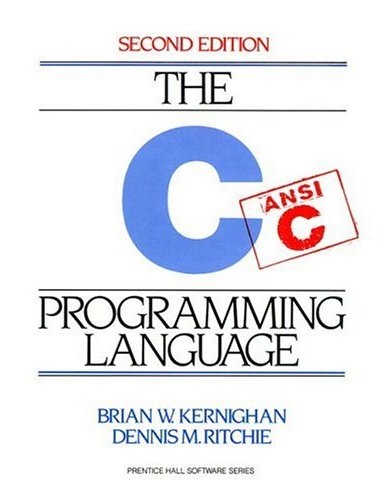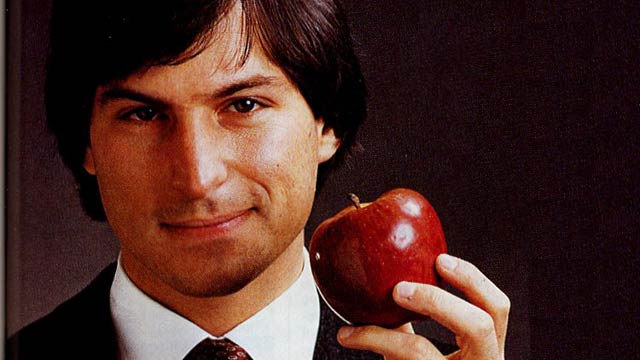One thing matters
John Piper on learning from Steve Jobs:
Get the wisdom of the house of mourning. Learn from the shadow of your own funeral. One thing matters. Whether you make an iPhone, or use an iPhone, let every breath, every thought, every deed be one thing—the “work of faith”—the work of the Lord.
Dangerously clean
In fact, super-clean water tastes flat, heavy, and bitter. The opposite of what we like. The appealing freshness in water comes not just from it’s temperature and its appearance, but from a sprinkling of salts and minerals that give it a crisp taste.
So our bodies are tuned to enjoy water that is just the right amount of cleanliness. Not too dirty and not too clean. Fascinating.
Siri Vs. Google Voice Actions
Greg Sterling comparing Siri to Google Voice Actions:
What Siri offers that is not equally true for Google Voice Actions … is broad and deep integration into the phone and a more conversational style of interaction. This is subtle but meaningful in comparing the experiences of using Siri and Google Voice Actions. Siri has personality whereas Google Voice Actions does not. Siri is also generally more intuitive. In terms of most features, however, Google Voice Actions and Siri are fairly comparable — though Siri does more things.
printf(“RIP Dennis Ritchien”);
I remember diligently referring to his classic book “The C Programming Language” when I was learning C.
Dennis Ritchie is the father of the C programming language, and with fellow Bell Labs researcher Ken Thompson, he used C to build UNIX, the operating system that so much of the world is built on — including the Apple empire overseen by Steve Jobs. … It’s really hard to overstate how much of the modern information economy is built on the work Dennis did.
C –> Unix –> Mac OS X –> iOS
Think Different
“Here’s to the crazy ones. The misfits. The rebels. The troublemakers. The round pegs in the square holes. The ones who see things differently.”
“Remembering that I’ll be dead soon is the most important tool I’ve ever encountered to help me make the big choices in life. Because almost everything — all external expectations, all pride, all fear of embarrassment or failure – these things just fall away in the face of death, leaving only what is truly important.”
— Steve Jobs
Small, grey iPads
Lukas Mathis on the design of the new Kindle Touch:
If you were to design a piece of hardware that was only used for one single task, to read books, how would you design it?
If you look at the iPad, it’s clearly a device that is not meant for one specific task. It’s just a frame; the application you run on it defines what the device does. That’s why the iPad barely has any hardware buttons. What buttons would you add that would be useful to most iPad apps? Even the volume buttons are of questionable use; most apps don’t need them, or provide their own on-screen volume control.
But a device you use for one very specific thing, and one thing alone, is an entirely different proposition. Since you know exactly what people will do with it, you can design the hardware specifically for that task.
So why, then, do the new Kindle Touch devices look like small, grey iPads?
60 seconds
Things that happen on the internet every 60 seconds…
 Infographic by Shanghai Web Designers
Infographic by Shanghai Web Designers
Falling stock prices are good
There is no reason to panic in a market downturn, according to Warren Buffett:
A short quiz: If you plan to eat hamburgers throughout your life and are not a cattle producer, should you wish for higher or lower prices for beef? Likewise, if you are going to buy a car from time to time but are not an auto manufacturer, should you prefer higher or lower car prices? These questions, of course, answer themselves.
But now for the final exam: If you expect to be a net saver during the next five years, should you hope for a higher or lower stock market during that period? Many investors get this one wrong. Even though they are going to be net buyers of stocks for many years to come, they are elated when stock prices rise and depressed when they fall. In effect, they rejoice because prices have risen for the “hamburgers” they will soon be buying. This reaction makes no sense. Only those who will be sellers of equities in the near future should be happy at seeing stocks rise. Prospective purchasers should much prefer sinking prices.
Interesting perspective.
Facebook Timeline
Ben Werdmuller on the new Facebook Timeline:
On one level, it’s brilliant. On another, it’s undeniably, pervasively creepy, to a level we’ve hitherto been unprepared for in human society. These things are designed to be forgotten, but with the Facebook Timeline, much of your life is all but indelible, published front and center until you go through each item individually and hide or delete it.
My thoughts exactly.
Lengthening our lives
Joshua Foer in Moonwalking with Einstein:
Monotony collapses time; novelty unfolds it. You can exercise daily and eat healthily and live a long life, while experiencing a short one. If you spend your life sitting in a cubicle and passing papers, one day is bound to blend unmemorably into the next–and disappear. That’s why it’s important to change routines regularly, and take vacations to exotic locales, and have as many new experiences as possible that can serve to anchor our memories. Creating new memories stretches out psychological time, and lengthens our perception of our lives.



